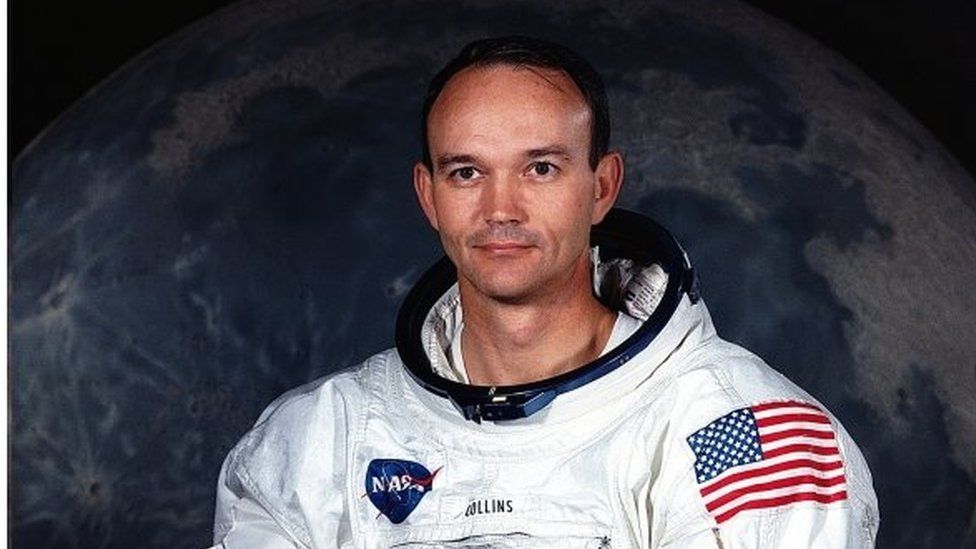American astronaut Michael Collins, a member of Apollo 11, the first manned mission to the moon, died of cancer on Wednesday at age 90, his family said in a statement.
A command module pilot, his role was to stay in orbit while his companions Neil Armstrong and Buzz Aldrin became the first men to walk on the Moon.
“Mike always faced the challenges of life with grace and humility, and he faced this, his final challenge, in the same way,” wrote the Collins family on their official Twitter account.
“My dear Mike, wherever you have been or are, you will always have the flame to skillfully lead us to new skies and into the future. We will miss you. May you rest in peace,” reacted his partner Aldrin, now the last living member of Apollo 11. .
Despite his age, Collins remained in recent years the most active of the Apollo veterans, and the one who most poetically evoked his memories of the lunar adventure.
“When we left and saw it, oh, what an incredible sphere,” he recounted in 2019 in Washington, on the occasion of the 50th anniversary of the space milestone.
“The Sun was behind it, so it was lit with a golden circle that made the craters really weird, due to the contrast between the whitest of the whites and the blackest of the blacks.”
“As splendid and impressive as it was, it was nothing compared to what we saw through the other window,” he continued. “There was that pea the size of your fingernail with outstretched arm, such a beautiful little thing wrapped in the black velvet of the rest of the universe.”
“I told the control center, ‘Houston, I see the world in my window.’
– The loneliest man in history –
“Today the nation has lost a true pioneer and lifelong advocate of exploration,” NASA said in a statement.
“Some called him ‘the loneliest man in history’: while his colleagues walked on the Moon for the first time, he was helping our nation to reach a crucial milestone,” stressed the US space agency.
Born on October 31, 1930 in Rome to a diplomatic father, Michael Collins trained at the West Point Military Academy and became a fighter pilot and then a test pilot for the US Air Force.
In 1963 he joined NASA, two years after President John F. Kennedy’s challenge to see an American walk on the Moon before the decade was out.
He made several spacewalks, especially while commanding the Gemini 10 spacecraft in 1966, and was chosen to participate in the first manned mission to the Moon.
Collins, the only member of the Apollo 11 crew who did not land on the Earth’s satellite, said he had no bitterness about it.
– No TV on board –
Later, he even confessed “having been very happy to be alone” for 32 hours, noting without humor “having been one of the few Americans who did not follow the moon landing because there was no television on board.”
Like Aldrin and Armstrong, Collins quickly left NASA after the triumphant return to Earth and pursued a prolific public career.
He was appointed Under Secretary of State for Public Affairs by President Richard Nixon. He then directed the construction of the National Air and Space Museum in Washington, assuming its presidency between 1971 and 1978.
He later became a consultant and wrote books related to the space adventure.
In the statement, his family wished him to be remembered for “his sharp wit, his serene sense of duty and the gaze of wisdom gained from returning to Earth from space and observing the calm waters from his fishing boat.”

